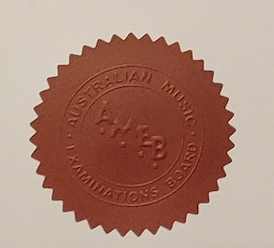Refind Java Solid Principles
You are not a drop in the ocean, you are the entire ocean in a drop.
refind-java-SOLID-principles
The SOLID principles are a set of design principles for object-oriented programming that help ensure code maintainability, flexibility, and extensibility. They are as follows:
-
Single Responsibility Principle (SRP): A class should have only one reason to change.
-
Open/Closed Principle (OCP): A class should be open for extension but closed for modification.
-
Liskov Substitution Principle (LSP): Subtypes must be substitutable for their base types.
-
Interface Segregation Principle (ISP): A client should not be forced to implement methods that it does not use.
-
Dependency Inversion Principle (DIP): High-level modules should not depend on low-level modules; both should depend on abstractions.
In my work, I have applied these principles in various ways. For example, I have used the SRP to ensure that each class is responsible for only one task. This makes it easier to maintain and extend the codebase. I have also used the OCP to ensure that new functionality can be added to the system without modifying existing code. This helps avoid introducing bugs and makes it easier to test new features.
In addition, I have used the LSP to ensure that subclasses can be used in place of their parent classes without introducing bugs or unexpected behavior. This has helped to make the code more flexible and extensible. I have also used the ISP to ensure that clients only depend on the methods that they need, which has helped to reduce code complexity and improve readability.
Finally, I have used the DIP to ensure that the code is modular and loosely coupled. This has made it easier to replace components with alternative implementations and to test the code in isolation. Overall, applying these SOLID principles has helped me to write better, more maintainable code. –HTH–

